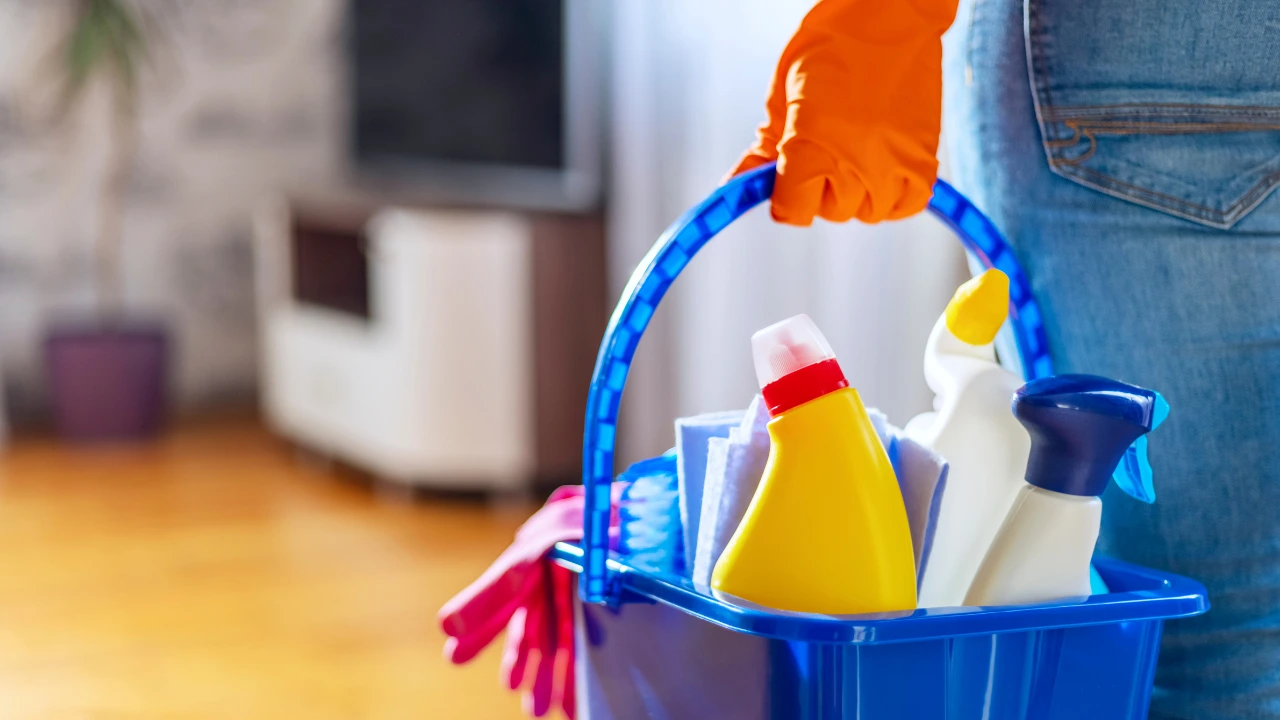
Which New Habits Can Help You Prevent Pest Problems?
Last updated on February 15th, 2025 at 10:29 am
It may already be January 31, 2025, but it’s never too late to start fresh with your New Year’s resolutions and adopt new habits. While many focus on health and finances, have you considered making pest control a priority? By taking proactive steps, you can prevent costly infestations and save money on pest control services.
Understanding Pest Control
Pest control is an essential aspect of maintaining a healthy and safe environment. Pests can carry diseases, damage property, and create a general sense of unease and discomfort. Effective pest control strategies involve a combination of preventive measures, regular cleaning and maintenance, and professional help when needed. By understanding the basics of pest control, you can take proactive steps to prevent pests from invading your environment and reduce the risk of pest problems.
Building Good Habits for Long-Term Pest Prevention
Developing good habits is key to keeping your home pest-free for the long haul. Small actions repeated consistently can have a major impact on preventing infestations. For example, taking a few minutes every day to check for any signs of pests, or keeping food in sealed containers, can create a barrier to pests gaining access to your home. Additionally, incorporating pest control into your regular cleaning routine—such as wiping down kitchen counters to eliminate crumbs or checking for water leaks in bathrooms—will help to keep pests from making your home their own. By transforming pest prevention into a daily habit, you can ensure a continuous shield against unwanted guests in your space. The power of habit lies in its ability to automate actions that are beneficial in the long run, so make pest prevention a part of your daily routine to see lasting results.
11 Habits You Can Build to Prevent Pest Problems
1. Declutter and Organize Your Storage Areas
Pests love hiding in cluttered spaces, making it essential to break the bad habit of keeping clutter. This year, commit to decluttering storage areas such as basements, attics, and garages. Use sealed plastic bins instead of cardboard boxes to prevent rodents and insects from nesting inside them.
2. Adopt a Sustainable Waste Management Routine
Proper waste disposal plays a crucial role in pest prevention. Set up designated bins for food waste, recyclables, and general trash. Rinse food containers before disposal and take out the trash regularly to avoid attracting pests. By adopting these practices, you can form healthy habits that contribute to a pest-free home.
3. Improve Home Ventilation
Good airflow can help prevent damp conditions that attract pests like termites and mold-loving insects. Install exhaust fans in bathrooms and kitchens, and open windows when possible to reduce humidity indoors.
Good ventilation not only helps in pest prevention but also contributes to the overall health of your home environment.
4. Inspect and Maintain Your Home’s Exterior
Pests often enter through cracks in walls, foundations, and roofs. Check for gaps around pipes, utility lines, and vents, and seal them with durable materials. Regularly inspect your home’s exterior for signs of damage and repair them promptly to prevent pests invading.
5. Reduce Attractants in Your Garden
A well-maintained garden can help keep pests at bay. Avoid overwatering plants, remove standing water, and use natural pest deterrents like marigolds or citronella. Also, store firewood away from your home to prevent termite infestations. Making these changes can become a simple habit that significantly reduces pest attractants in your garden.
6. Practice Smart Food Storage Habits
Instead of just sealing food properly, consider storing grains, flour, and cereals in the freezer for a few days before placing them in the pantry. This helps kill any potential insect eggs before they hatch.
7. Use Eco-Friendly Pest Deterrents
Instead of relying solely on chemical treatments, try natural pest repellents. Use diatomaceous earth for crawling insects, place citrus peels near entry points to deter spiders, and plant basil or mint to keep flies and mosquitoes away. Incorporating these eco-friendly methods can become a new habit that benefits both your home and the environment.
8. Encourage Natural Predators
Support local wildlife that helps with pest control. Birds, frogs, and beneficial insects like ladybugs and praying mantises naturally keep pest populations in check. Installing bird feeders and keeping a small garden pond can attract these helpful creatures. Encouraging natural predators is one of the healthy habits that can help maintain a balanced ecosystem in your garden.
9. Check Second-Hand Furniture and Items
Before bringing second-hand furniture, boxes, or appliances into your home, inspect them for signs of pests such as bed bugs or termites. Clean and treat items before use to avoid unwanted infestations. Making it a simple habit to inspect second-hand items can prevent unwanted pest infestations.
10. Invest in Long-Term Pest Prevention Solutions
Instead of reacting to infestations, invest in long-term solutions like mesh screens for windows, weather stripping for doors, and professional pest-proofing services. These preventive measures can save you money on costly extermination treatments in the future. Investing in these solutions can help you form new habits that ensure long-term pest control.
11. Professional Pest Control Options
If you’re struggling with persistent pest problems, it may be time to consider professional pest control options. A reputable pest control company can provide effective solutions to eliminate pests and prevent future infestations. When choosing a pest control company, look for certifications from organizations such as the National Pest Management Association (NPMA) and ensure they are licensed and insured to operate in your state. A professional pest control company can provide personalized recommendations for your specific pest problems and help you maintain a pest-free environment.
Start the Year Right with Pest-Free Living
By making these simple resolutions, you can protect your home from pests while forming new habits that save money on expensive treatments. A little effort today can go a long way in ensuring a comfortable and pest-free home all year round. Start 2025 off right by committing to better pest prevention habits! Committing to these practices will help you develop healthy habits that ensure a comfortable and pest-free home all year round.
